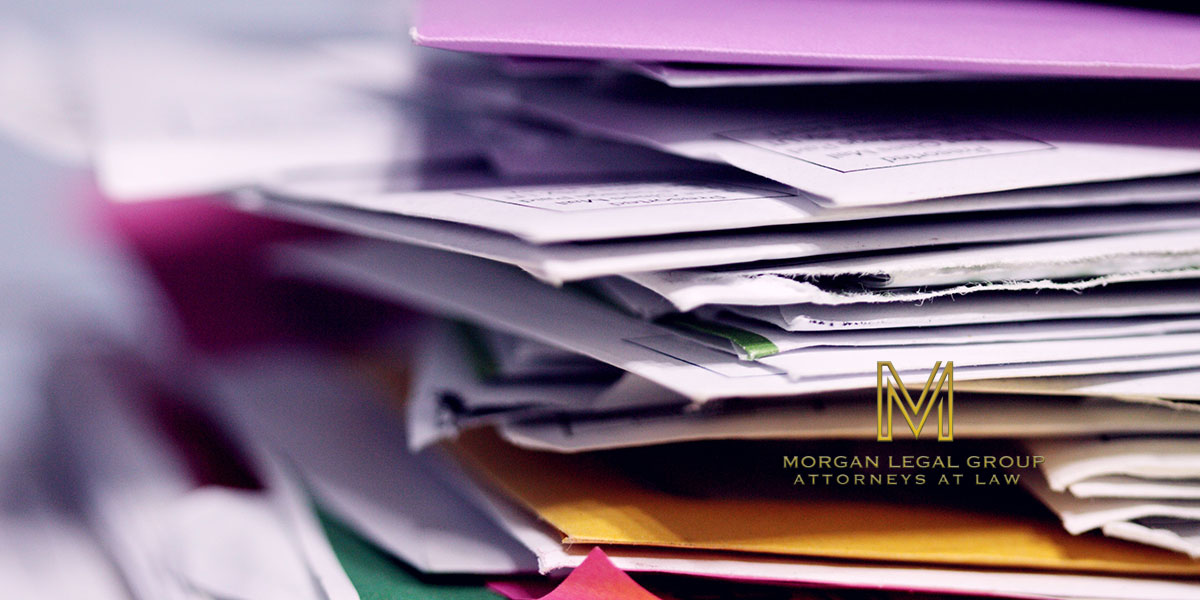How to Organize Your Estate Documents: Expert Tips
Organizing your estate documents is a crucial step in ensuring that your wishes are followed, and your loved ones are taken care of. At Morgan Legal Group, we understand the importance of a well-organized estate plan. In this guide, we’ll provide expert tips on effectively organizing your estate documents for peace of mind and clarity.
1. Create a Comprehensive List
The first step in organizing your estate documents is to create a comprehensive list of all your assets, liabilities, and important contacts. This list should include bank accounts, investments, real estate, insurance policies, and any debts you may have. It’s also important to include contact information for your attorney, financial advisor, and any other relevant parties.
2. Categorize and Prioritize
Once you have a complete list, categorize your documents based on their nature. For example, group together all your financial accounts, legal documents, insurance policies, and personal records. Prioritize these categories based on their importance and urgency.
3. Use a Filing System
Invest in a filing system that allows you to keep your documents organized and easily accessible. Consider using labeled folders, binders, or a digital filing system. Make sure to store physical copies in a secure and fireproof location.
4. Keep Copies of Legal Documents
Legal documents such as your will, trust, power of attorney, and healthcare directives are critical. Keep both physical and digital copies of these documents. Store physical copies in a safe or secure location, and ensure your attorney has digital copies for safekeeping.
5. Review and Update Regularly
Estate planning is not a one-time task. Regularly review and update your documents, especially after major life events like marriage, divorce, the birth of a child, or the acquisition of new assets. This ensures that your plan remains current and aligned with your wishes.
6. Communicate Your Plan
It’s crucial to communicate your estate plan with your loved ones and key stakeholders. Let them know where your documents are stored and who to contact in case of an emergency. This transparency helps prevent confusion and ensures a smooth transition of assets.
7. Seek Professional Guidance
Consider working with an experienced estate planning attorney like Morgan Legal Group. They can provide expert guidance, ensure your documents are legally sound, and help you navigate complex estate planning strategies.
By following these expert tips, you can organize your estate documents effectively, providing peace of mind for you and your loved ones. Remember, a well-organized estate plan is a gift that keeps on giving, offering clarity and security for years to come.
For personalized guidance on estate planning, contact us at Morgan Legal Group today.








